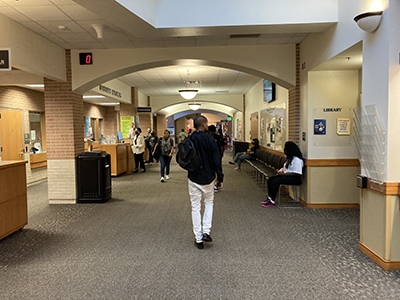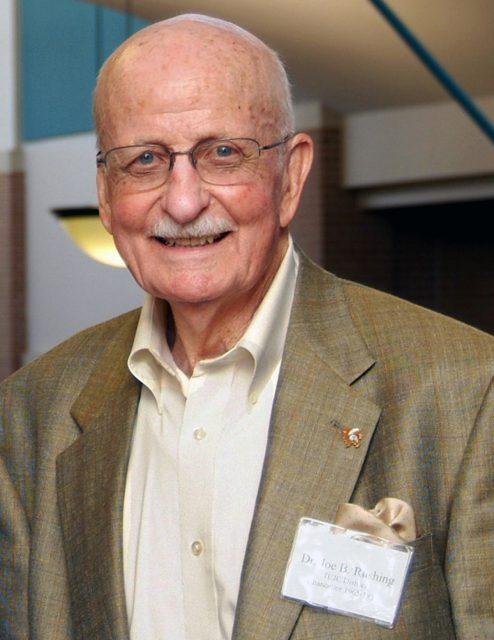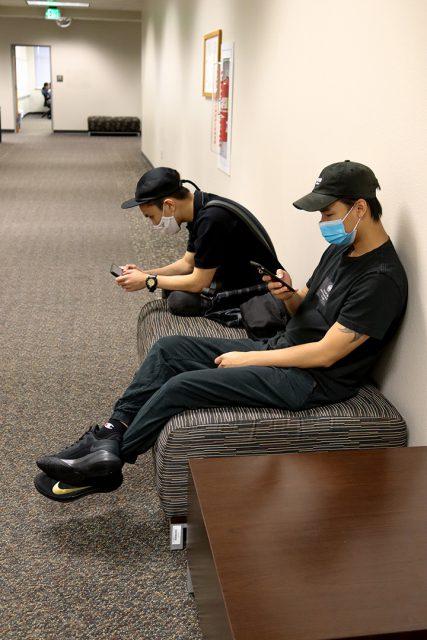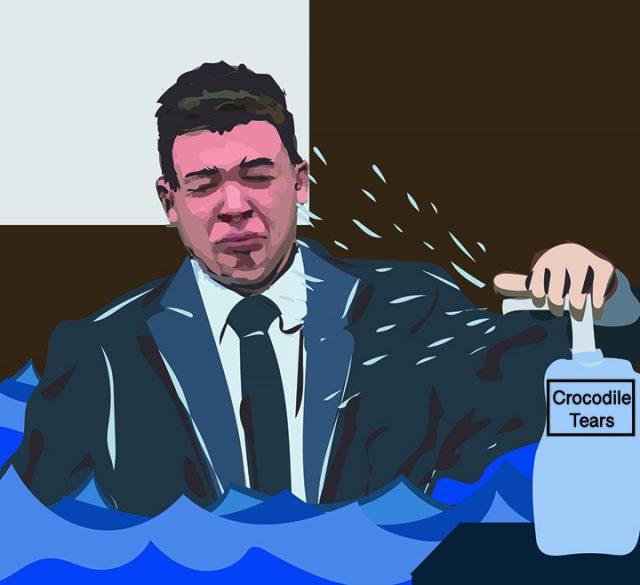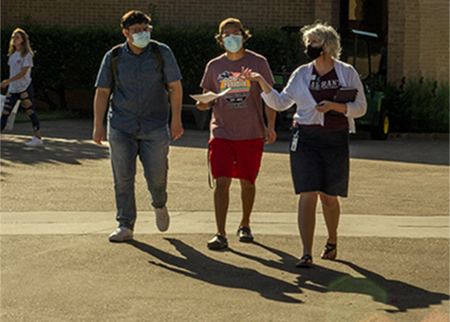Are campuses safe for physical TCC courses?
Safety protocols questioned amid return
Jose Romero
editor-in-chief
TR biology student Marie Conley said they were ready to return to campus because cases were going down and they’re fully vaccinated. Now, they feel conflicted. “I no longer feel safe,” Conley said.
Conley works on campus, so they have to be there physically. The Delta variant is the main cause for Conley’s concern because of its transmissibility. According to the Centers for Disease Control and Prevention, the variant is twice as contagious as previous strains.
If the college wants to stay open the entire semester with the lowest amount of deaths, a mask mandate is needed, Conley said.
TCC ended its mask mandate June 3 and sent out an email Aug. 22 writing that masks will not be enforced but anybody who chooses to wear one can do so.
NE library specialist Samantha Kayem questions whether a mask mandate would be the right call.
“I believe that wearing masks reduces infections,” she said. “However, I am not sure it would be wise for TCC to defy the governor’s ban on mask mandates.”
Kayem is referring to an order issued Aug. 11 by Texas Gov. Greg Abbott that prohibits government entities from mandating masks.
“The path forward relies on personal responsibility — not government mandates,” Abbott wrote on Twitter.
Vaccines are another option for transmission prevention. TCC currently doesn’t require COVID-19 vaccinations as well, which is following another order mandated by Abbott.
In March, when vaccinations became available to a larger population in Texas, the number of cases dropped down by thousands, according to The New York Times. By late May and the majority of June, the seven-day average dropped to around 1,300. In Tarrant County, some weeks had cases in double digits. Currently, cases are back to over a thousand.
Conley and Kayem don’t think mandatory vaccinations should be a required protocol.
“TCC supports an underprivileged community that has less access to vaccinations than the rest of the population,” Conley said. “They shouldn’t mandate it, but they should have vaccine clinics weekly so those on campus can get their vaccines while attending class.”
Kayem doesn’t think vaccines should be required because it hasn’t reached full approval from the Food and Drug Administration. As of Aug. 23, the FDA has approved the Pfizer vaccine.
NW student Jose Acostavalle’s perspective on returning to campus is more optimistic.
“I think it is a good idea for those who are more visual learners and need to see what they learn in action,” he said.
Acostavalle’s optimism is limited when it comes to how long he thinks the semester will stay physical. He said the increase in COVID-19 cases will cut on-campus classes short, leaving students to transition back into an online-only environment.
Kayem doesn’t think campuses will shut down entirely like last year.
“I assume campuses will stay physical with accommodations being made for students exposed to or infected with the coronavirus, which will allow those students to complete coursework remotely until they are well and no longer a risk to others,” she said.
Kayem and Conley weren’t delighted with how the school handled course selection.
“I think some classes must be offered physically,” Kayem said. “However, I wish that TCC would have offered a wider variety of online classes to reduce the spread of the virus and meet the needs of more students.”
Conley said classes should be smaller, which could help prevent the spread of the virus.
Updates on TCC’s precaution policies can be found on its website under the COVID-19 tab.






















